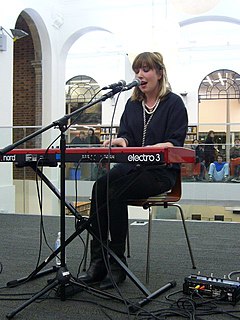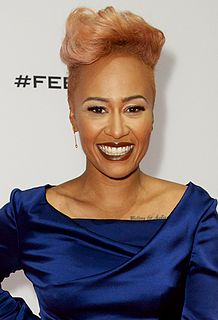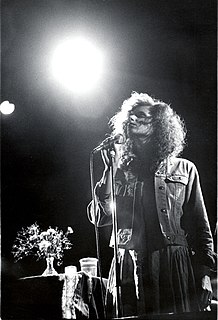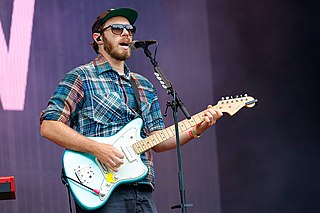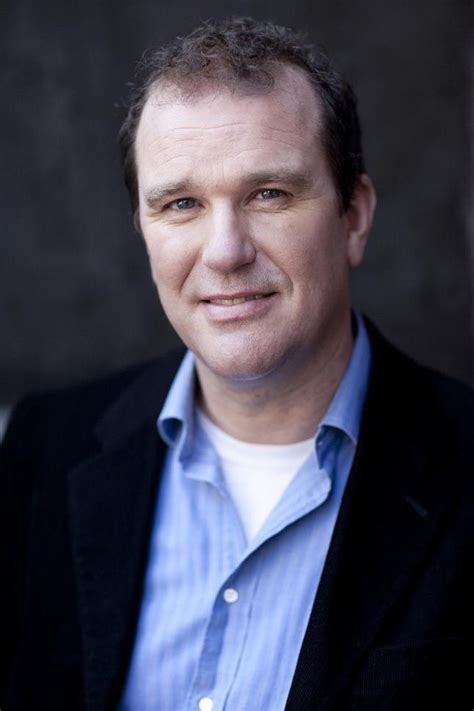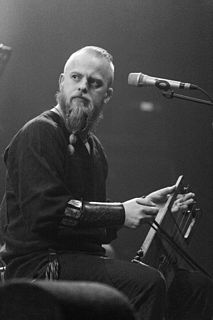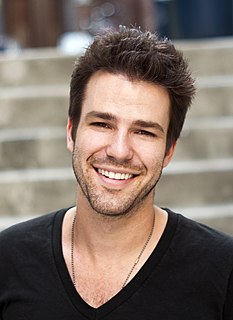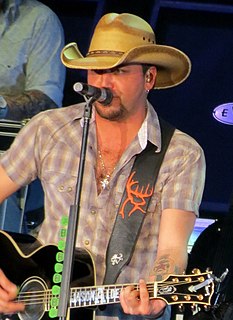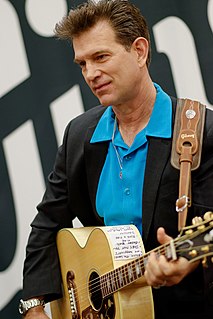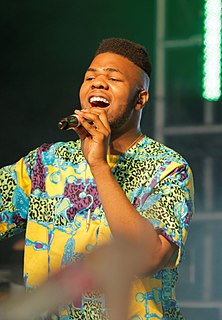A Quote by Jason Pierce
I kept saying I got sick of listening to people's productions, like people who had no ideas, no songs, nothing to say but could still con people's ears into thinking those songs were there by the application of production. I kind of wanted my record a little more honest than that: "Well, this is us. We put a microphone on it. Here it is."
Related Quotes
I wanted to try to make songs that worked as songs, not just as productions. People wanted me to do a solo acoustic session, they were like "Can you play song on the piano?" and I was like "Not really. It doesn't really work." I wanted to write songs that would work in a variation of instrumentation.
I built a reputation as a songwriter in the industry before my own hits. People were used to coming to me for songs. There were songs like 'Clown' and 'Mountains' that were my songs that I wanted to keep. But the record labels saw me as a songwriter. It was hard to get people to believe in me as an artist.
Well, you know, when you're putting together a show, you've got to be careful not to load it up with the new stuff. We have to play the songs that people want to hear, too. People may come thinking, "Oh, I've just got to hear this song." Or maybe they'll write me a letter saying a certain song is really meaningful to them, so we'll be sure to play those songs.
I really wanted to get that dynamic on the record onto people and let them know it wasn't just a simple strumming along the guitar type of thing without ramming it down their throats so I kind of went the opposite way and sang some of the songs more quietly which allowed for the louder parts to sound as though there were more. It was the only way singing those songs made sense to me.
In my culture we had songs for everything, and that's lost now. There were songs for when people were born, when they died, when they sowed the field, baked bread and they're gone now mostly. I think we need these songs today. One of the reasons people connect to Wardruna in such a personal way is because there is a need for these songs and for that kind of connection to the nameless. Call it nature, god whatever.
I'm a touring artist - I love going out and playing live, and I was sick of making records didn't translate well live - that misrepresented who I was as an artist. I'm not saying those records weren't good. I think they're great. I think a lot of them have great songs. My challenge was making the songs that were specifically great for the type of personality I wanted to present which was my personality - I wanted to get that across on record - and have something that was fun and energetic live.
We call them impact songs, and people buy impact songs. But you just never know what those songs are going to be. One of those songs that really went through the roof for us was 'Big Green Tractor,' which I thought was kind of a fun little ditty song that I never in a million years thought would be as big as it was. But it was.
I think 'Girlfriend' in particular is definitely one of the songs that is angled towards early 2000s, late '90s, R&B pop and those kinds of songs that were prevalent in that time. I don't think I was conscious of those songs in particular, but I'd say I definitely wanted a song that had that kind of vibe era wise in tone and all the writing.


